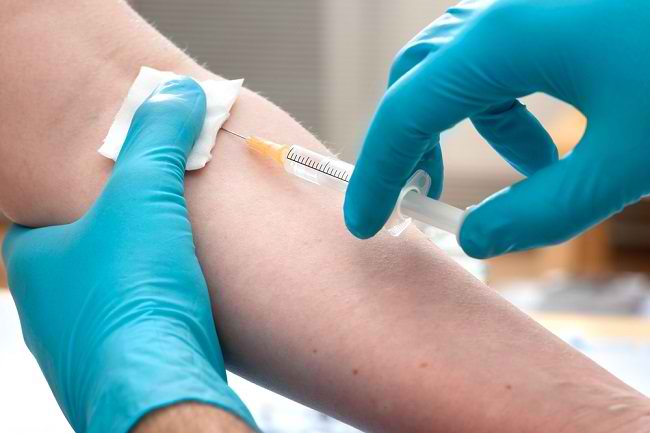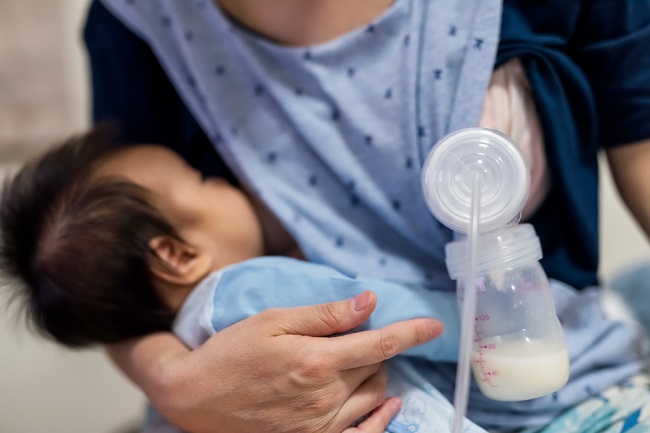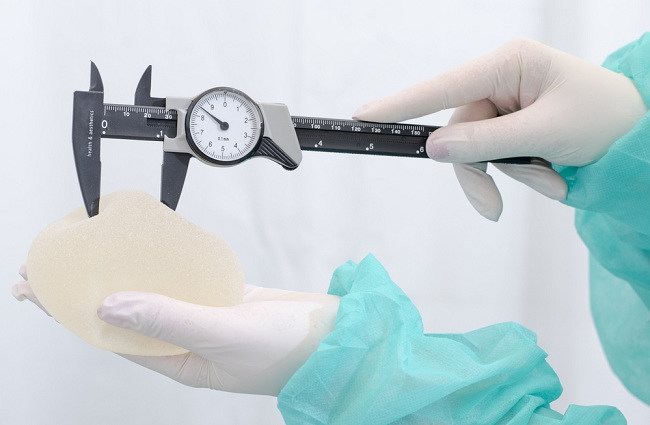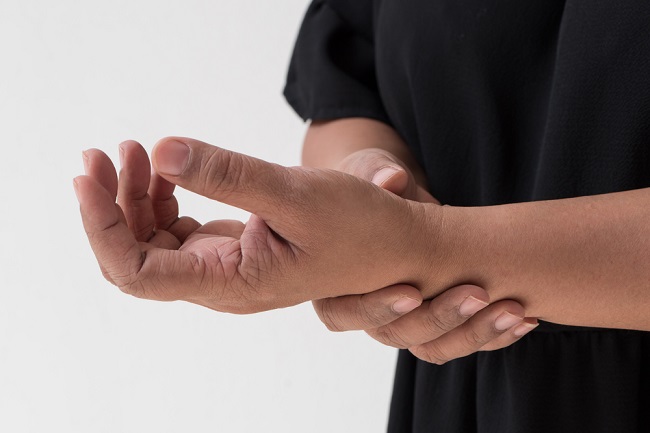Generally, baby newteething at 4-7 month. However, in some cases, baby teeth alreadygrow at birth or before his age 1 month. Does special care need to be done if the baby is born already teething? Here are things you should know as a parent.
The presence of teeth in newborns is rare. In the medical world, teeth that have grown when a newborn is known as christmas teeth. The teeth that grow in the first 30 days of life are called neonatal teeth.

Causes Babies Born Already Teething
Until now, the cause of the emergence Christmas and neonatal teeth is still not known for certain. Allegedly, premature teething is associated with several body conditions that affect growth, including:
- Vitamin deficiency.
- Hormone disorders.
- The baby is born with a cleft lip.
- Babies are born with a cleft in the roof of the mouth.
- Congenital syndromes, such as Sotos syndrome, Hallerman-Streiff syndrome, Pierre Robin syndrome, and Ellis-van Creveld syndrome.
In addition, babies born with Christmas and neonatal teeth It can also be influenced by heredity. Approximately 15% of infants born with Christmas and neonatal teeth have a parent or family member who experienced a similar incident as a baby.
How to Sign-TAre you a baby born already teething?
Christmas and neonatal teeth has the following characteristics:
- Smaller than baby teeth
- Brown or yellow in color
- Be in front of the bottom or front of the top
In addition, based on their shape, these premature teeth can be grouped as follows:
- Type 1: Teeth are fully developed, loose, and without roots.
- Type 2: Teeth are fully developed, slightly loose, with small tooth roots.
- Type 3: The white line of the crown of the new tooth penetrates the gums.
- Type 4: The gums are thickened, but the tooth has not penetrated the gums.
This grouping makes it easier for doctors to determine whether treatment is needed or not.
is Newborn Baby Teeth Memneed special care?
In general, Christmas and neonatal teeth does not require special care. However, consult a doctor if teething in a newborn is causing the following problems:
1. PMother's nipples hurt while breastfeeding
Your little one may bite your nipple while feeding. Treat the wound so that breastfeeding is painless for you. Seek treatment from a doctor if the sore on the nipple does not heal.
2. Thrush on baby's tongue
Sharp corners on the surface of the baby's teeth can injure his tongue and cause canker sores. The dentist can blunt the sharp corners of the teeth to prevent prolonged thrush on the baby's tongue.
3. Bbaby is dehydrated
Sores on the mother's nipples and thrush on the baby's tongue can hinder the breastfeeding process. Immediately seek medical attention, because this condition can cause the baby to become dehydrated.
4. Baby is choking
Loose premature teeth can cause the baby to choke if the teeth fall out and are inhaled by the baby. Tooth extraction is necessary in this condition. If necessary, premature tooth extraction is performed when the baby is at least 10 days old to avoid heavy bleeding.
The presence of teeth in newborns is rare. If your little one has Christmas or neonatal teeth, make sure you check this condition with a pediatrician and a pediatric dentist if you find signs of teething too early in your child.
Written by:
drg. Komang Sri Wulandari(Dentist)









